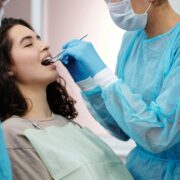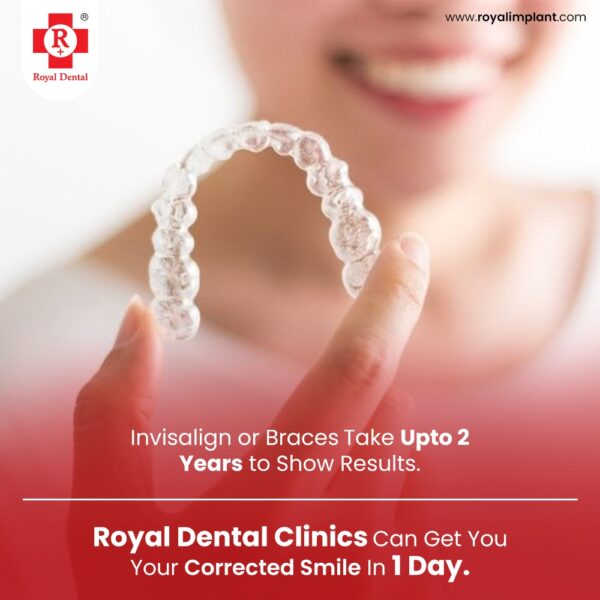Oral cancer screening is an important part of maintaining good oral health. It can help to detect any unusual changes and growths in your mouth and throat, which can be an indicator of cancer. Fortunately, there are some simple steps you can take to check it. Knowing what to look for, and how to do the check, can help you catch cancer earlier and reduce your risk of developing the disease. Here are some quick tips on how to perform an mouth cancer screening and what to look for.
Why Oral Cancer screening is important?
The oral cavity contains many areas that are difficult to see. This increases the risk that something could go undetected, leading to other health issues. It is important to know how to perform an oral cancer screening to check your mouth for any signs of cancer. Early detection can increase your chance of successful treatment and reduce the risk of developing complications.
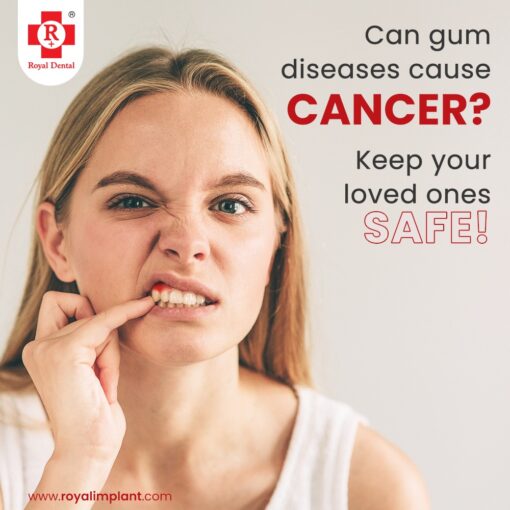
There are two main types of oral cancer, squamous cell carcinoma and basal cell carcinoma. Squamous cell carcinoma is more common, while basal cell carcinoma is less common but more aggressive. Both types of oral cancer can progress quickly, so it is important to know what to look for and how to do an mouth cancer screening.
What to Look For During an Oral Cancer Screening
- Change in colour, shape, or size of a lesion. If growth in your mouth changes shape, size, or colour, it could be an indicator of oral cancer.
- Sores or ulcers that do not heal within two weeks. If you have sores or ulcers in your mouth that don’t heal within two weeks, it could be a sign of oral cancer.
- Difficulty or pain when chewing or swallowing food. If you notice difficulty or pain when chewing or swallowing food, it could be caused by oral cancer in your tongue.
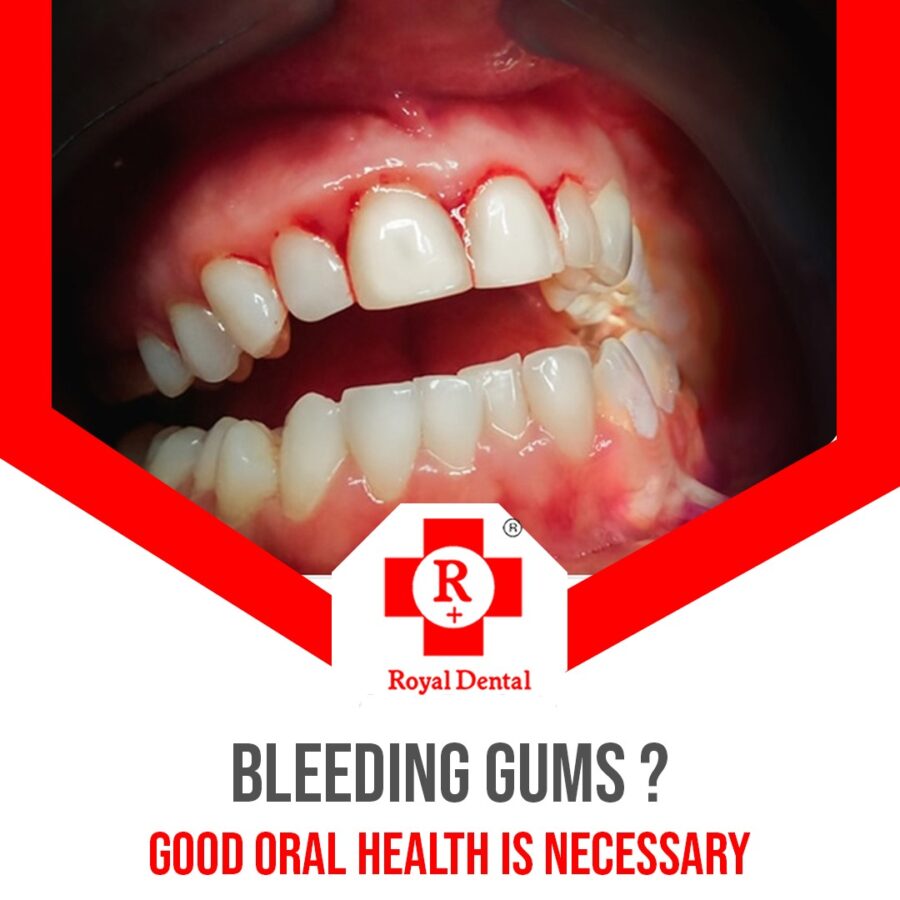
Have You Got Mouth Screened For Cancer?
4. A lump inside your mouth. A lump inside your mouth, particularly under your tongue or on the floor of your mouth, could indicate oral cancer.
5. Change in your voice. A change in your voice could be a sign of a growth in your tongue or throat, which could indicate oral cancer.
6. A lesion that bleeds when you brush or floss your teeth. A bleeding lesion could indicate an early stage of oral cancer.
How to check Oral Cavity for cancer screening?
Examine your teeth and gums. Check your gums for any signs of inflammation or redness. If you notice any changes, see your dentist to rule out an infection.
Examine your tongue. Using a mirror, examine the back of your tongue. Look for any sores or ulcers that don’t heal within two weeks. If you notice anything unusual, see your dentist to rule out cancer.
Examine your lips. Check your lips for any sores or ulcers that don’t heal within two weeks. If you have any sores, see your doctor to rule out any other underlying infections. If a sore doesn’t heal within two weeks, it could be an indicator of cancer.
Examine the soft tissues in your mouth. Check the soft tissues near your tonsils and the base of your tongue for any lumps. If you feel any lumps, see your dentist to rule out oral cancer.
Common Signs of Oral Cancer
A lump on your tongue or in your throat. A lump in your tongue or throat could indicate oral cancer.
Changes in your gums. Changes in your gums, such as redness, swelling, or bleeding, could indicate oral cancer.
Sores or ulcers that don’t heal within two weeks. Sores or ulcers that don’t heal within two weeks could indicate oral cancer.
Difficulty or pain when chewing or swallowing food. Difficulty or pain when chewing or swallowing food could be caused by a tumour on your tongue or in your throat.
A change in your voice. A change in your voice, such as hoarseness or a raspy sound, could indicate oral cancer.
Tips for Early Detection of Oral Cancer
Schedule a regular mouth cancer screening with your dentist or doctor. Having regular check-ups with your dentist can help to identify any abnormalities, which could indicate an early stage of mouth cancer.
Perform regular oral cancer screenings in a well-lit room. Perform oral cancer screenings in a well-lit room to make it easier to spot any abnormalities.
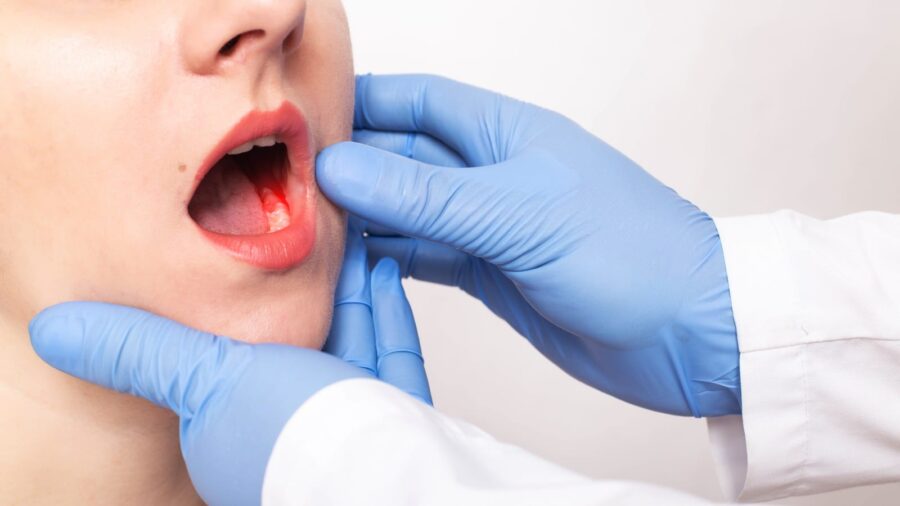
If you notice any changes in your mouth, such as a lump, sores and ulcers that don’t heal, or a change in your voice, see your dentist to rule out oral cancer.
Role of Dentist in Oral Cancer Screening
Dentists can perform oral cancer screenings during your regular check-ups. During your exam, they can examine your gums and tongue, as well as look for any lumps near your tonsils and the base of your tongue to rule out oral cancer. Having your teeth cleaned by a dental hygienist can also help to identify any abnormalities in your mouth.
Dentists are trained to identify abnormalities in your mouth, so they are the best people to rule out mouth cancer. If your dentist identifies anything abnormal, they will refer you to an oral pathologist for further testing. Having regular check-ups with your dentist can help to detect oral cancer and rule out any abnormalities in your mouth.
When to See a Doctor for Oral Cancer Screening
If you notice any abnormalities in your mouth, such as sores or ulcers that don’t heal within two weeks, see your doctor or dentist to rule out cancer. It is important to know when to visit a doctor for oral cancer screening. If you notice any of the above symptoms during an mouth cancer screening, or if your doctor or dentist identifies any abnormalities in your mouth, make an appointment to visit the oral pathologist. The pathologist can best determine the severity of the abnormalities and if they could be an indication of oral cancer.
Conclusion
Regular oral cancer screenings can help to reduce the risk of developing mouth cancer, as well as identify any abnormalities in your mouth. It is important to know what to look for during an oral cancer screening, as well as when to visit a doctor for further testing. Having regular check-ups with your dentist can help to detect any abnormalities in your mouth, as well as rule out any oral cancers.


